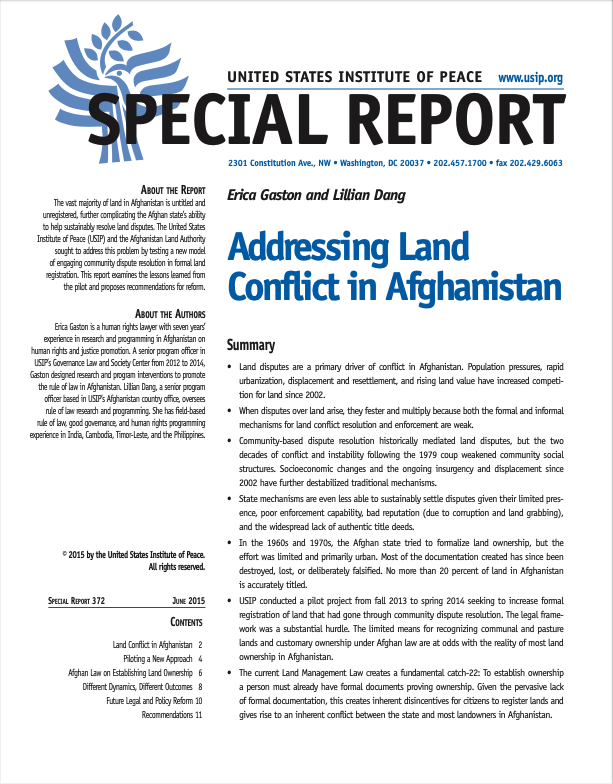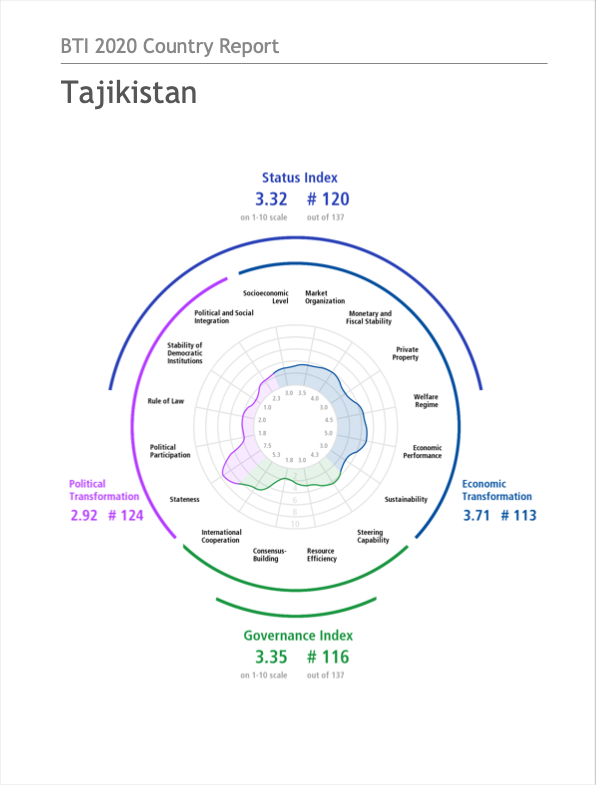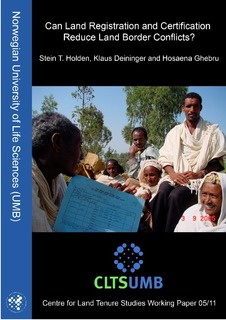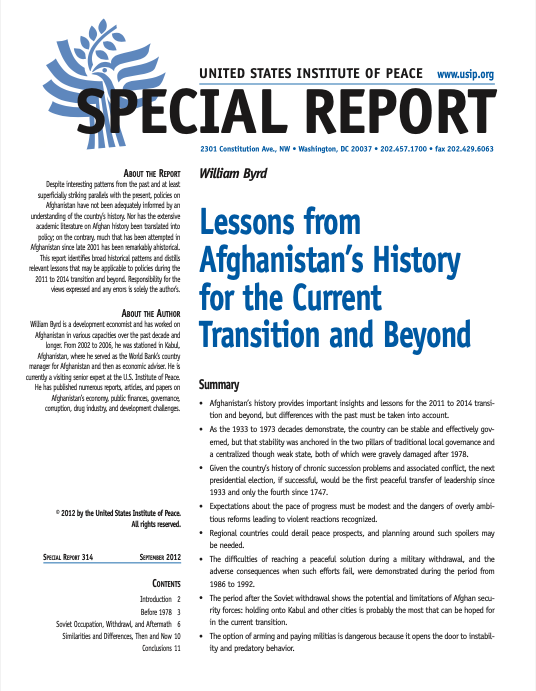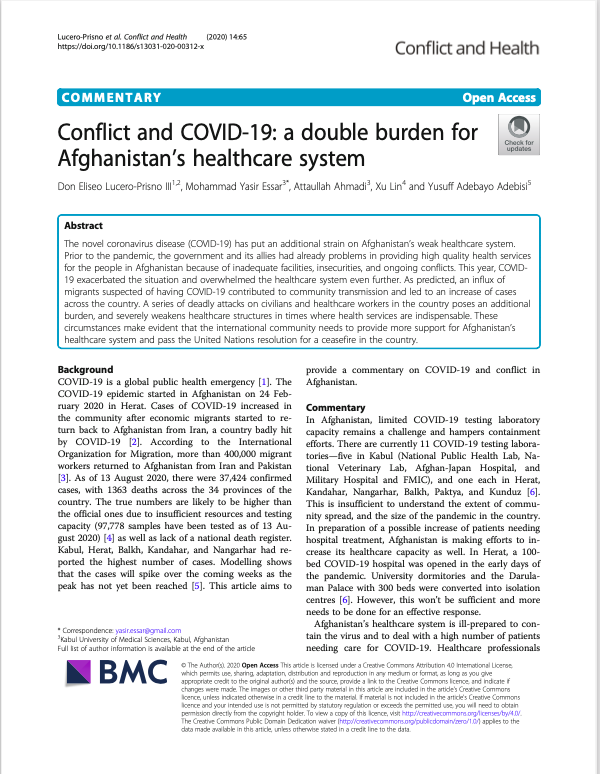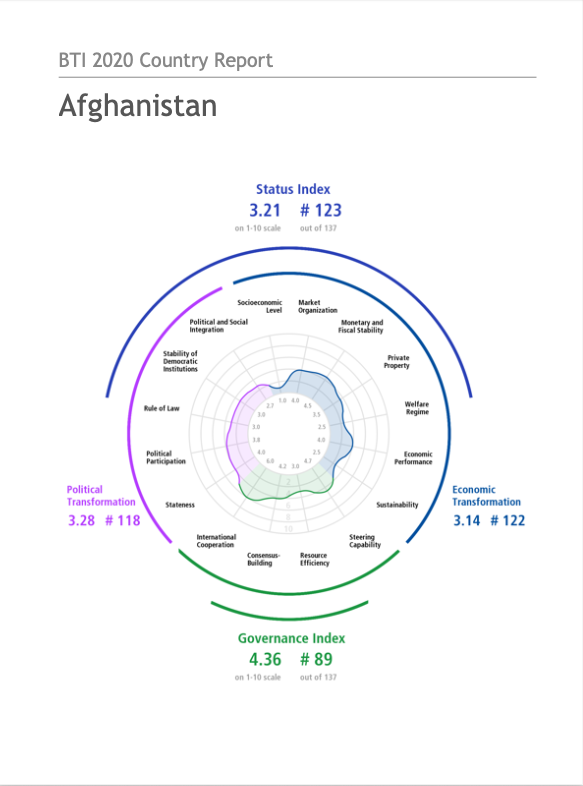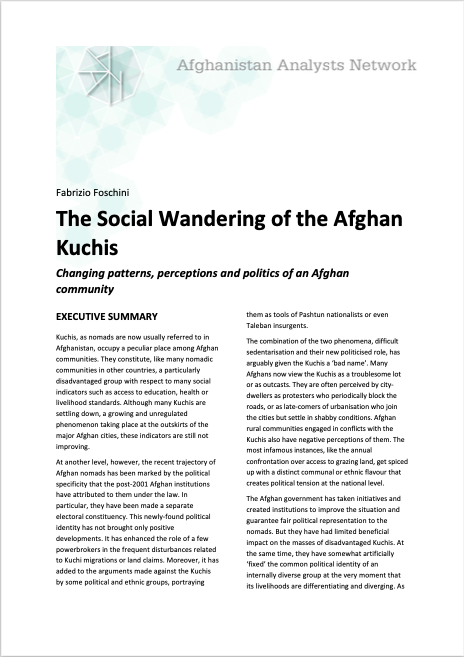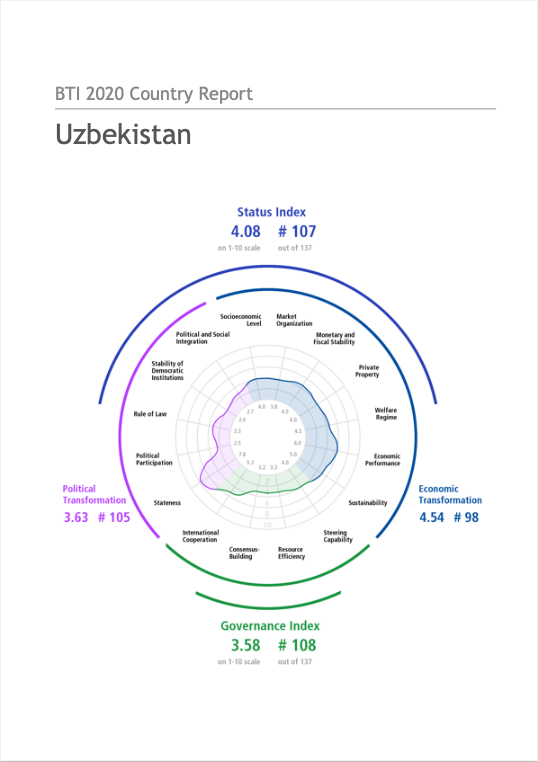Addressing Land Conflict in Afghanistan
The vast majority of land in Afghanistan is untitled and unregistered, further complicating the Afghan state’s ability to help sustainably resolve land disputes. The United States Institute of Peace (USIP) and the Afghanistan Land Authority sought to address this problem by testing a new model of engaging community dispute resolution in formal land registration. This report examines the lessons learned from the pilot and proposes recommendations for reform.

